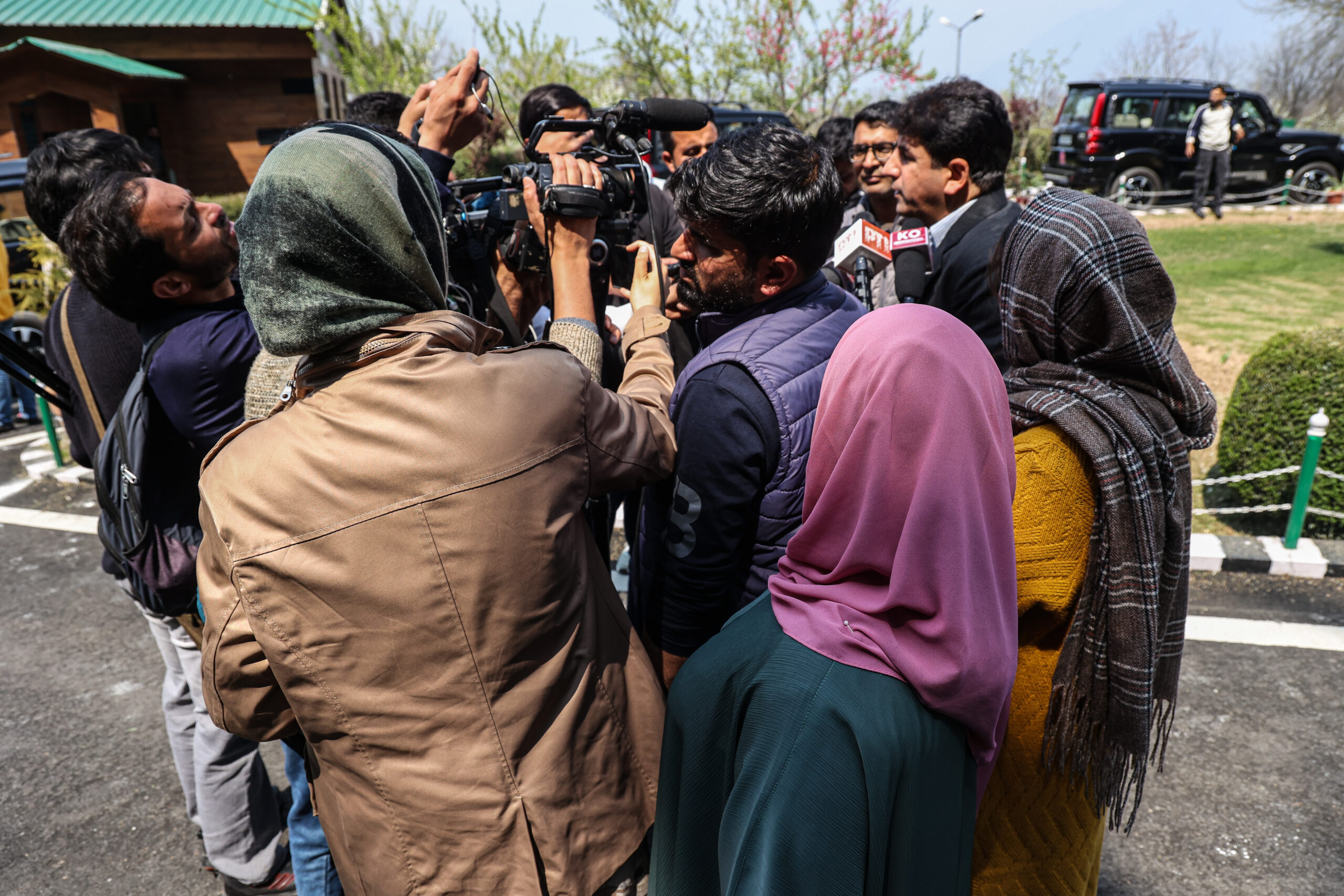The Clooney Foundation for Justice’s TrialWatch Initiative, alongside its partners at the National Law University Delhi and Columbia Law School’s Human Rights Institute, launched an interactive online database today visualizing the findings of a new report that documents the widespread criminalization of journalists across states in India.
The report, previewed at a launch event held today at the India Habitat Centre in New Delhi, provides an analysis of over 400 cases in which journalists faced criminal charges between 2012 and 2022.
“At TrialWatch, our goal is to reveal how authorities at every level and across different countries are expanding the playbook to target journalists and restrict speech,” said Stephen Townley, Legal Director of CFJ’s TrialWatch. “The report adds new perspective to a global discussion while providing valuable data to Indian stakeholders.”
Among other findings, the report reveals:
- In 147 incidents journalists faced charges for reporting on public officials — a core journalistic responsibility, making it the most likely kind of reporting to incur charges.
- The cases nearly always rested on vague provisions and failed to account for India’s free speech protections.
- Journalists in small cities and towns, or those reporting for local outlets, were arrested far more frequently (58% of incidents) than those in major cities (24% of incidents).
- Most cases dragged on indefinitely, with many never going to trial, turning the process into the punishment.
A new Indian penal code that came into effect in 2024 did not change many of the vague and broad laws used in these cases. The findings of this report present an opportunity for further evaluation of how to protect journalists under India’s new criminal laws.
“This report has considerable constitutional significance. It shows you how the constitutionally protected freedom of the press is being eroded by the application of regular criminal law and procedure,” said Anup Surendranath, Professor of Law who supervised the research at National Law University Delhi.
Irrespective of the eventual outcomes of the proceedings against them, most journalists interviewed for the report described the significant repercussions of their entanglement in the criminal justice system: financial hardship, heightened fear and anxiety, and substantial disruptions to both their personal and professional lives.
“My family felt so tortured due to my absence [after an arrest], especially my little children who were so worried,” an interviewee said. “Families get broken due to these cases.”
“Communities across India rely heavily on local journalists for information. However, our analysis uncovered that these very journalists face the greatest hurdles in access to justice at every stage of criminal proceedings, potentially silencing these crucial voices,” added Tejal Jesrani, director of the TrialWatch Project at Columbia Law School’s Human Rights Institute.
You can read the full report here and browse the interactive database here.
ABOUT THE CLOONEY FOUNDATION FOR JUSTICE’S TRIALWATCH INITIATIVE
TrialWatch provides free legal aid to journalists who are unfairly imprisoned to secure their release and uphold freedom of speech.
ABOUT THE CLOONEY FOUNDATION FOR JUSTICE (CFJ)
The Clooney Foundation for Justice (CFJ) wages justice by providing free legal aid in defense of free speech and women’s rights in over 40 countries. Its work has led to dozens of journalists being set free and thousands of women receiving free legal support to defend their rights.
